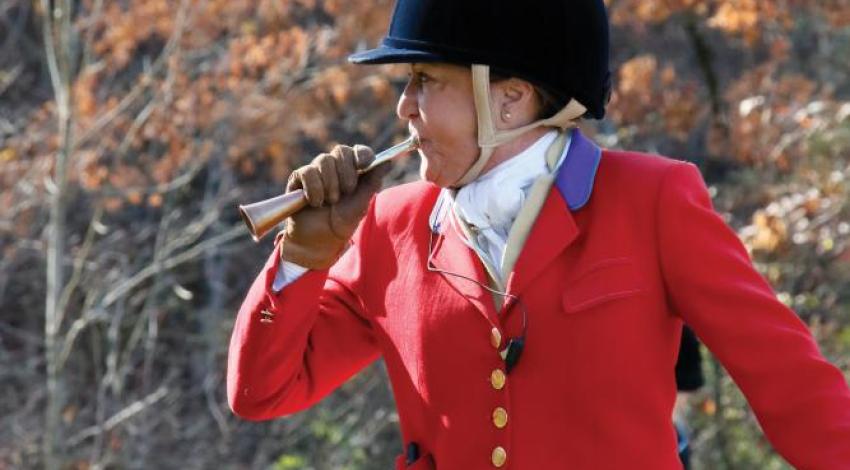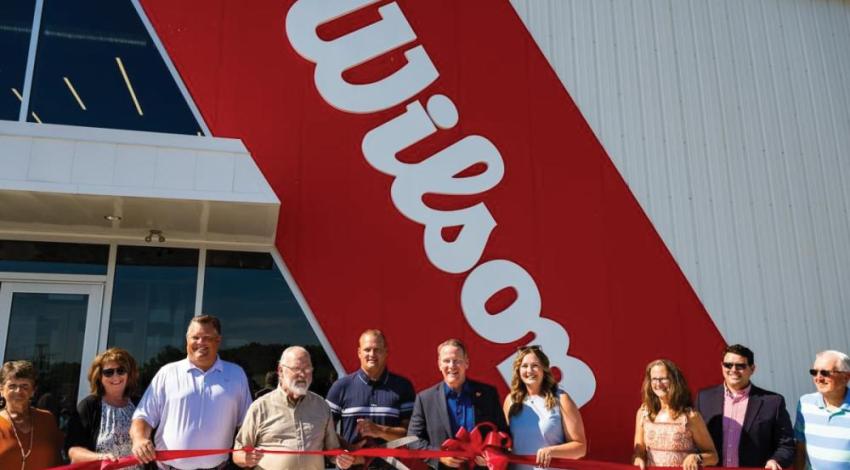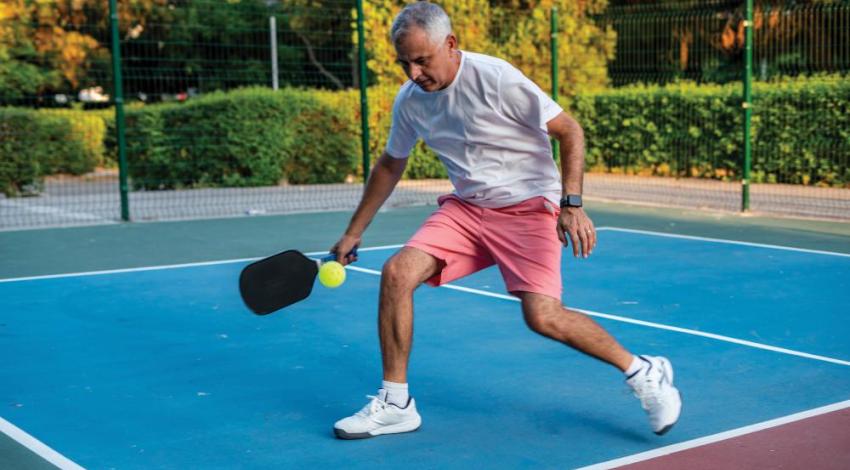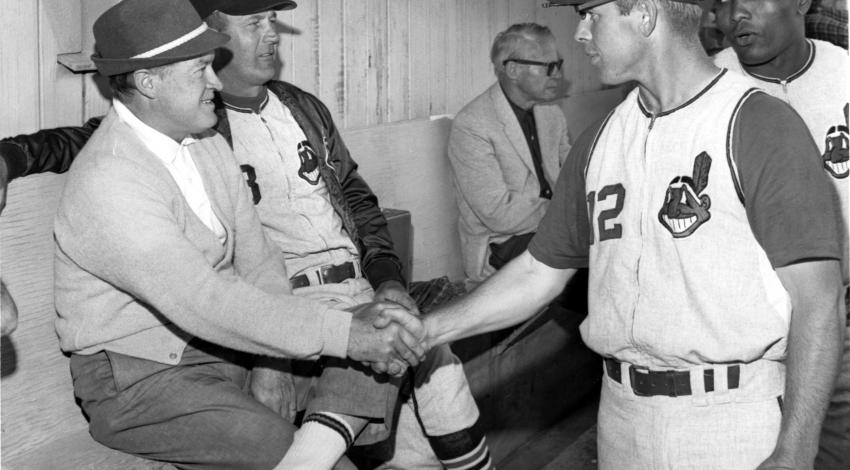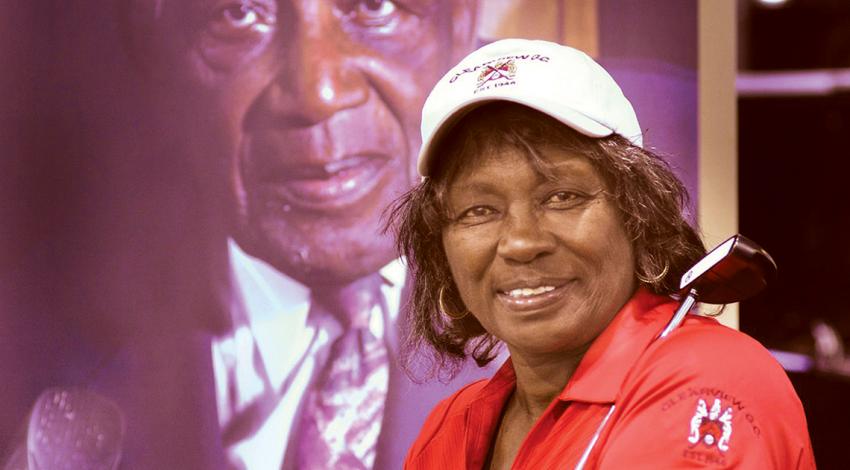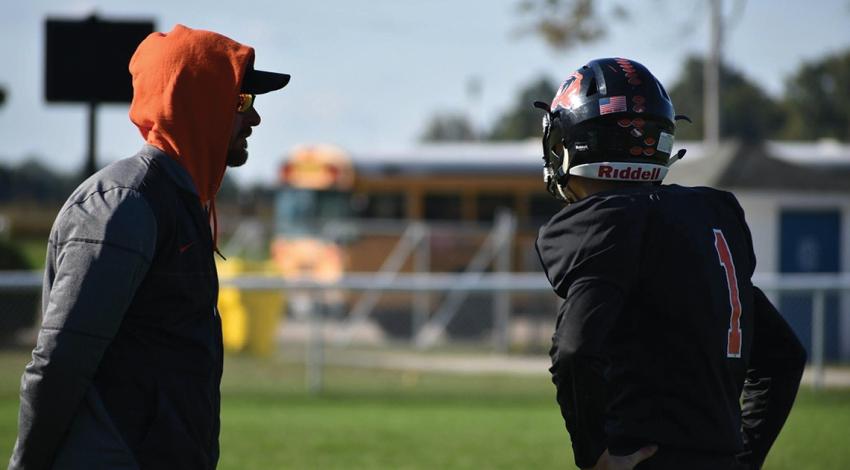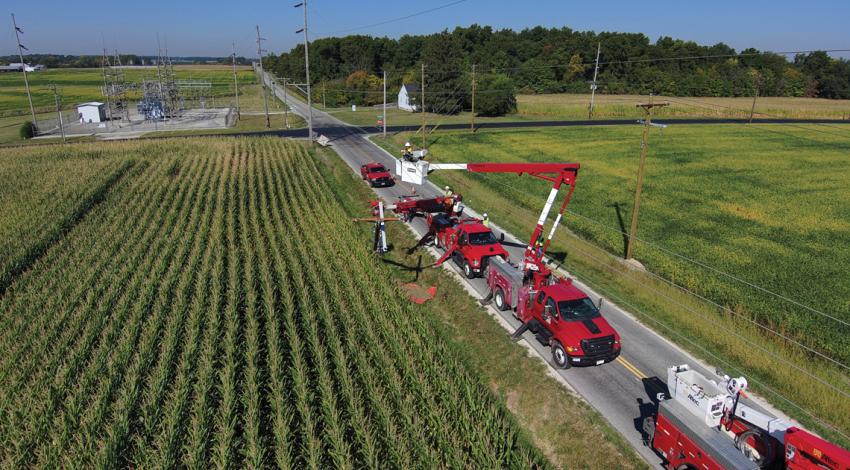sports
In the small Hardin County village of Ada, the play clock begins ticking about two weeks before the first snap of America’s most-watched sporting event.
“As soon as they know who wins, they are making these balls and they are shipping them out,” says Lindsay Hollar, director of the Ada Area Chamber of Commerce. “The guys just want to get their hands on them.” Hollar doesn’t work for Wilson, but like lots of people in and around town, she speaks with a sort of proprietary pride about the local treasure that is the Wilson football.
The popularity of pickleball in Ohio, like seemingly everywhere else, is increasing rapidly, with more and more courts popping up all the time.
Volkens discovered pickleball when he began to spend winters in Arizona. He fell in love with the sport and played daily. But when he returned to Middletown he was dismayed to find nary a court — not a single one.
After driving around Middletown and finding 17 empty tennis courts, Volkens saw his opportunity; he gathered some friends and made a case to Middletown’s Parks Department, which agreed to dedicate space to the activity, and Volkens started recruiting Middletown residents old and young as soon as courts became available. That was nearly 20 years ago.
When the Cleveland Indians changed their name to the Cleveland Guardians last year, the rebrand was more than a tribute to the stalwart, Art Deco-style statues — known as the “Guardians of Traffic” — that grace the Hope Memorial Bridge near Progressive Field.
Born Leslie Townes Hope in a London suburb in 1903, Bob Hope was the fifth of the seven sons of English stonecutter William Henry “Harry” Hope and his wife, Avis. Harry brought his family to Cleveland in 1908, and in the early 1930s, he helped create the “Guardians of Traffic” for the city’s Lorain-Carnegie Bridge. After extensive repairs were completed in 1983, it was rechristened the Hope Memorial Bridge because of Harry’s work on the now-iconic “Guardians.”
Work hard. Be twice as good. Don’t let anyone else define you. Find your way around obstacles.”
The life lessons that Bill Powell instilled in his daughter, Renee Powell, were sharpened with his boots on the ground … and his golf shoes on the course.
Tenacity to get the job done
Working nights as a security guard, Bill would return home at dawn and get to work. Using hand tools and pulling a mower with an old Army Jeep, he transformed a former dairy farm near Canton into a nine-hole public course that he opened to all. It later expanded to 18 holes. Named a National Historic Site by the U.S. Department of the Interior, Clearview is still the only golf course in the country designed, built, owned, and operated by an African American.
After a long, demanding day at work as part of a line crew, some of our electric co-op team members tackle a different sort of assignment. Swapping their hard hat for a coach’s cap, they’re in for a whole new ballgame.
Andrew Ruffing, apprentice lineman at North Central Electric Cooperative based in Attica, sees many similarities between his day job and coaching football. “You’re part of something bigger than yourself. That resonates in both sports and linework,” he says. “You learn to work as a team, to work toward a common goal.”
